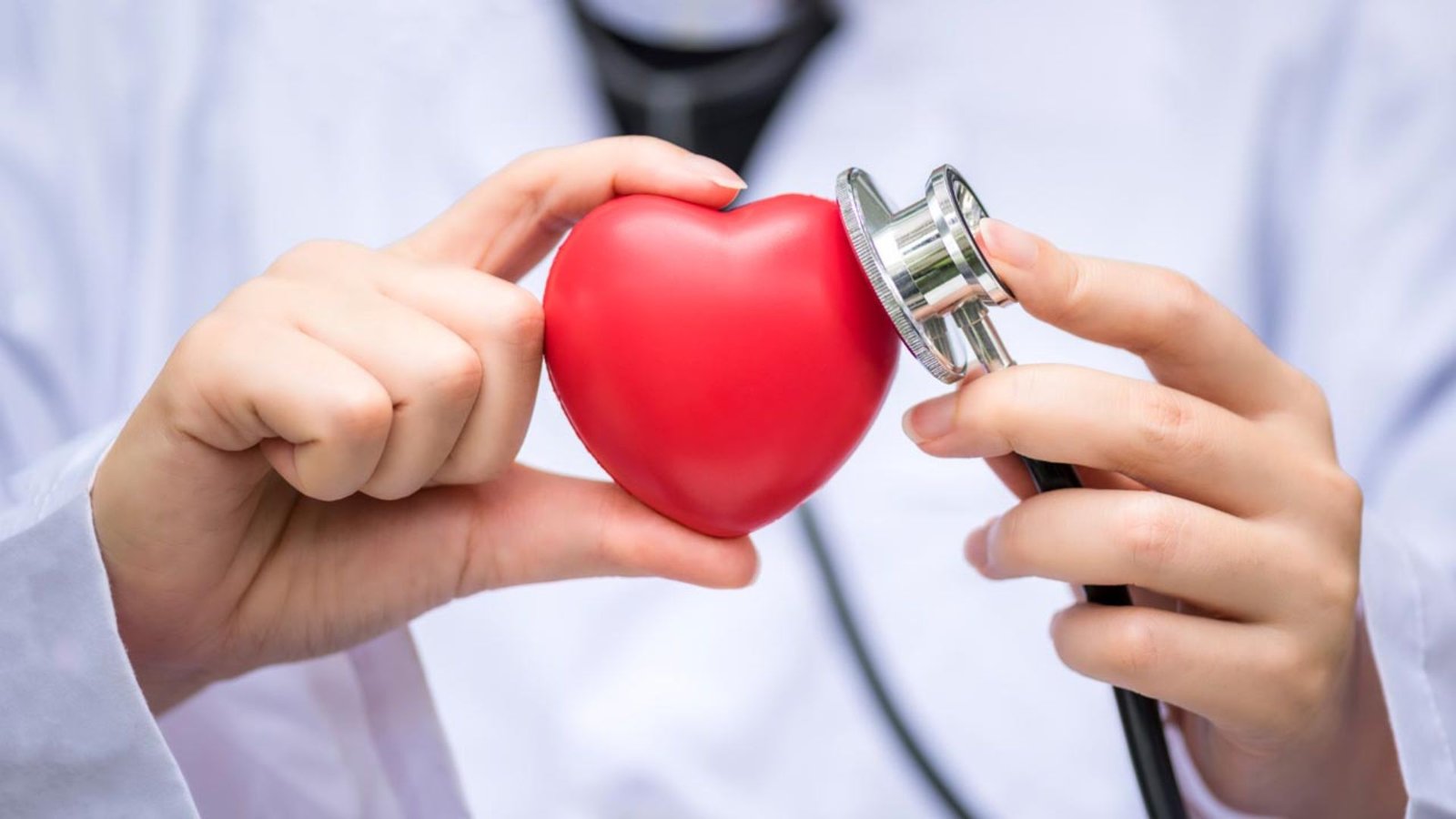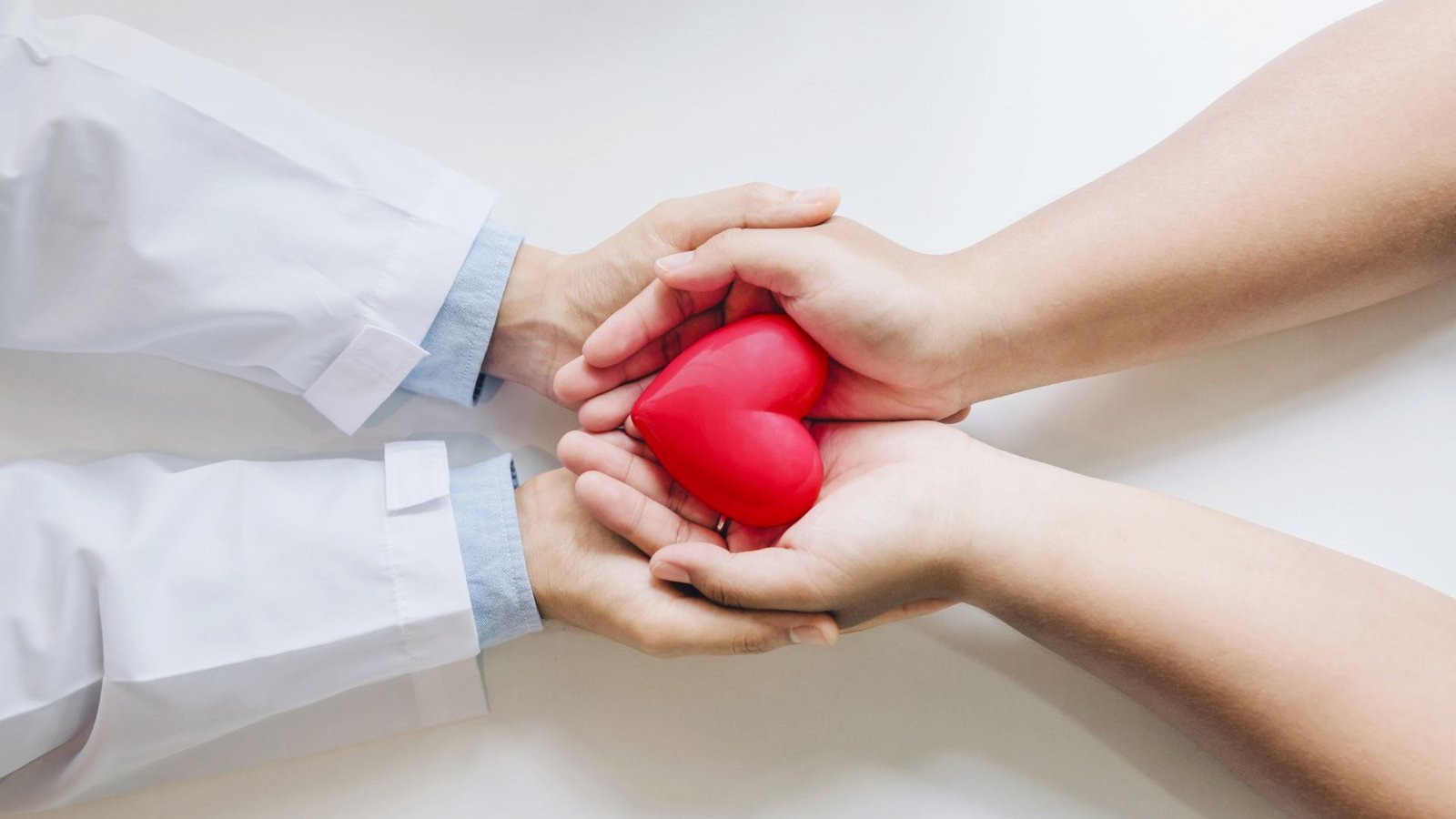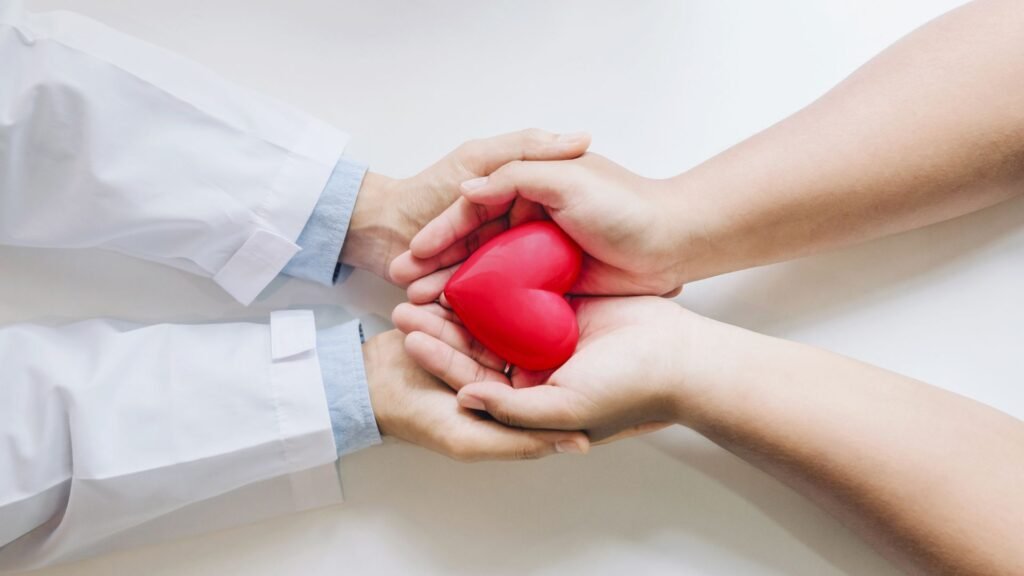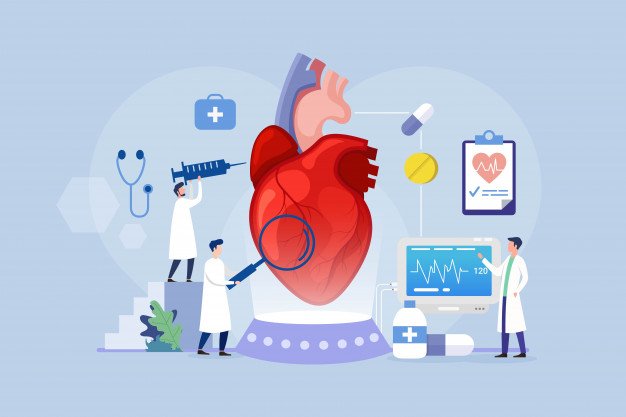
Exercise and Heart Health: Why Moving More is Good for Your Heart
Exercise and Heart Health: Why Moving More is Good for Your Heart
Exercise is one of the best things you can do for your heart health. Not only can it help prevent heart disease, but it can also improve your overall health and wellbeing. In this blog post, we’ll explore why exercise is so important for heart health and how you can start incorporating more movement into your daily routine.
How Exercise Benefits Heart Health
Regular exercise has numerous benefits for heart health. Here are some of the ways that exercise can improve your cardiovascular system:
- Improves Blood Flow: Exercise can help improve blood flow to the heart and throughout the body. This helps to deliver more oxygen and nutrients to your muscles and organs, which can help improve overall cardiovascular health.
- Lowers Blood Pressure: High blood pressure is a major risk factor for heart disease. Exercise can help lower blood pressure and reduce the risk of developing heart disease.
- Reduces Inflammation: Chronic inflammation is associated with a higher risk of heart disease. Regular exercise can help reduce inflammation in the body and improve cardiovascular health.
- Boosts Mood and Reduces Stress: Exercise can help boost your mood and reduce stress levels, which can have a positive impact on heart health.
How Much Exercise is Needed for Heart Health?
The American Heart Association recommends that adults get at least 150 minutes of moderate-intensity aerobic exercise per week. This can be broken down into 30 minutes of exercise per day, 5 days a week. Alternatively, you can also aim for 75 minutes of vigorous-intensity aerobic exercise per week, such as running or high-intensity interval training (HIIT).
In addition to aerobic exercise, it’s also important to incorporate strength training exercises into your routine at least two days a week. Strength training can help improve muscle strength and endurance, which can help improve overall cardiovascular health.
Tips for Incorporating More Movement into Your Day
If you’re new to exercise, it’s important to start slowly and gradually increase the intensity and duration of your workouts. Here are some tips for incorporating more movement into your daily routine:
- Take the Stairs: Instead of taking the elevator, take the stairs whenever possible. This is a simple way to incorporate more movement into your day.
- Walk More: Try to walk more throughout the day. This can include taking a walk during your lunch break, parking further away from your destination, or taking a walk after dinner.
- Join a Fitness Class: Joining a fitness class, such as yoga, Zumba, or spin class, can help make exercise more fun and social.
- Find an Exercise Buddy: Having an exercise buddy can help keep you motivated and accountable.
In conclusion, exercise is an important component of heart health. By incorporating more movement into your daily routine, you can help improve cardiovascular health and reduce the risk of developing heart disease. Remember to start slowly and gradually increase the intensity and duration of your workouts, and to talk to your doctor before starting any new exercise program.











